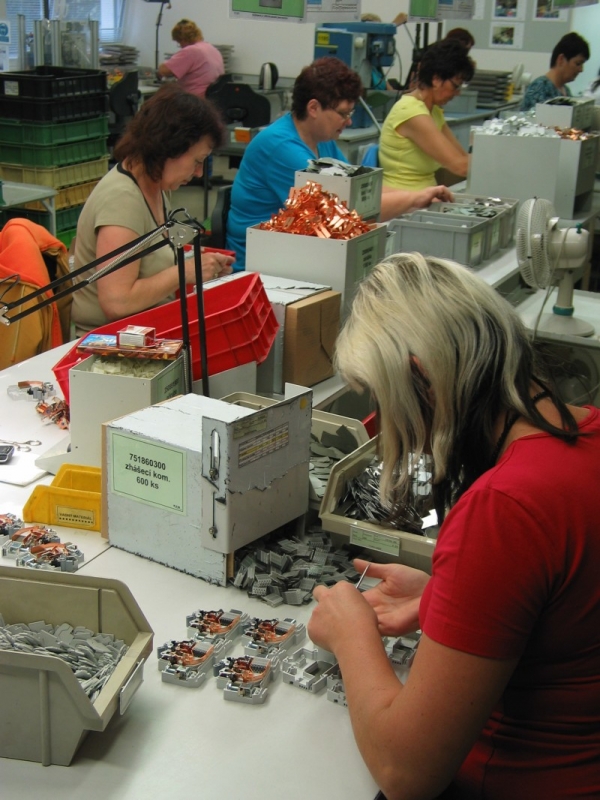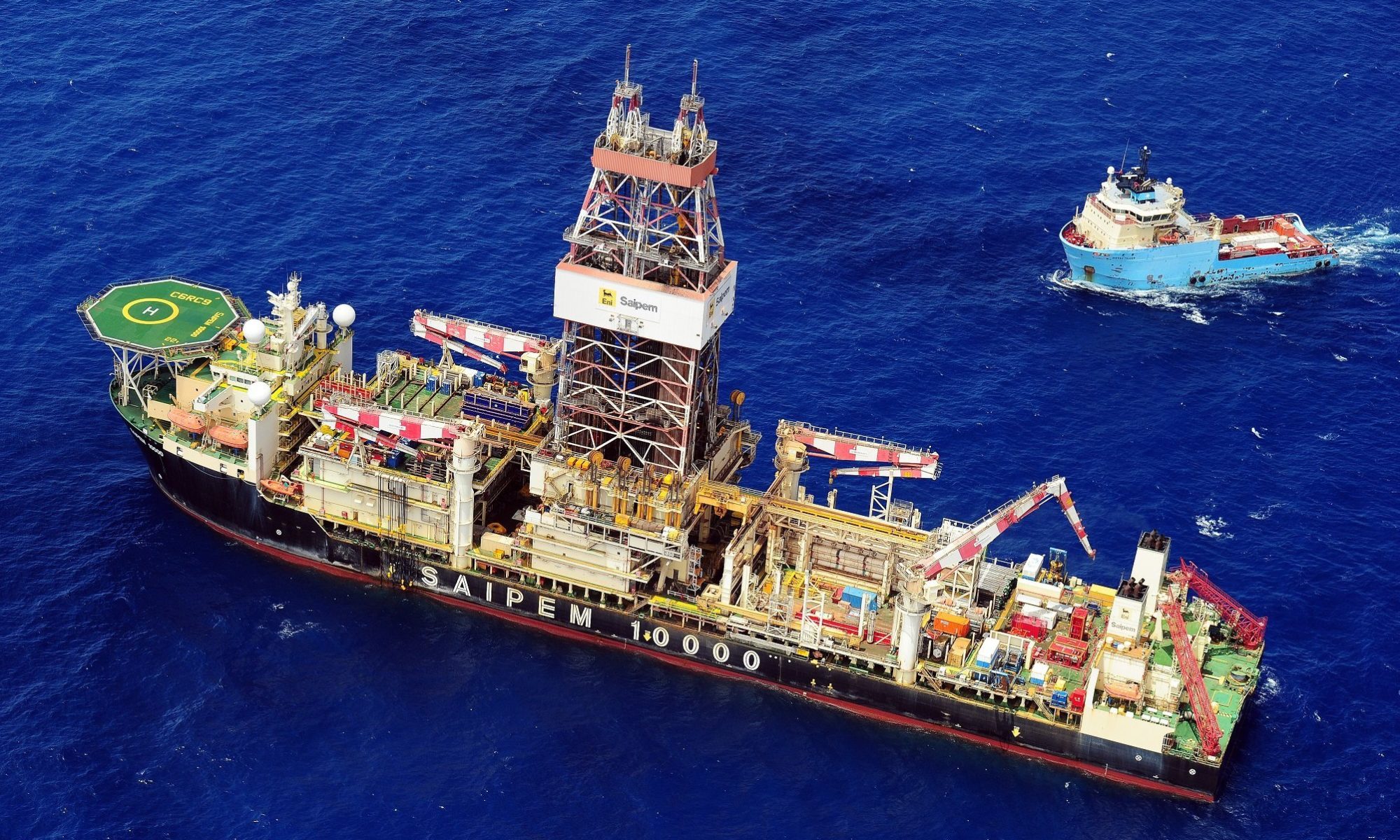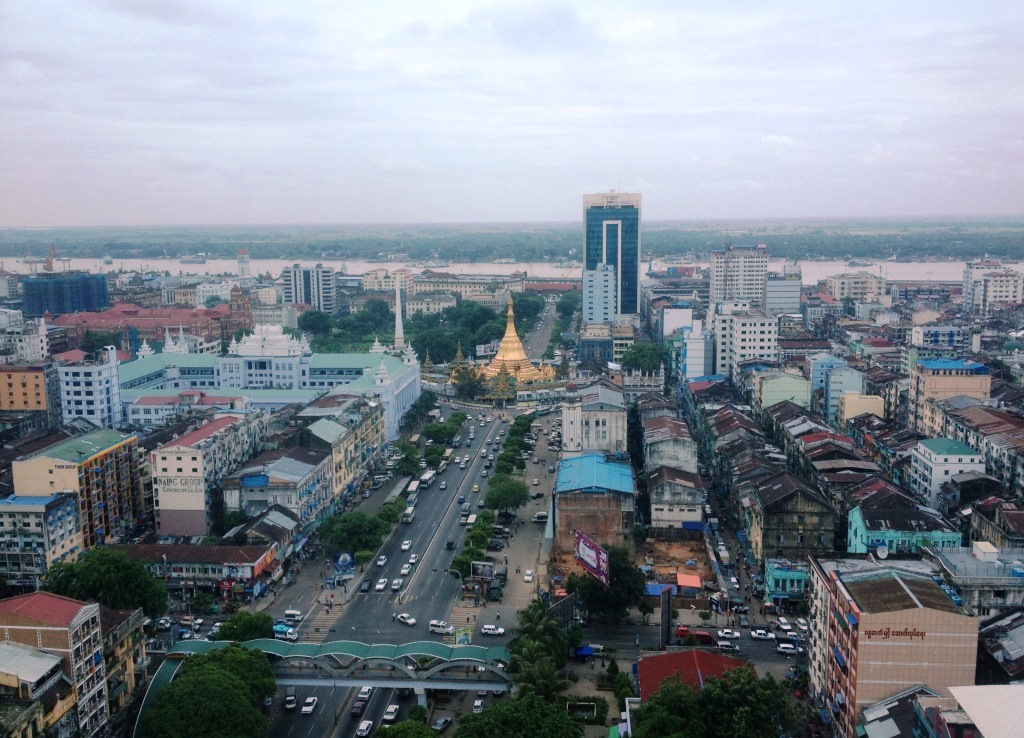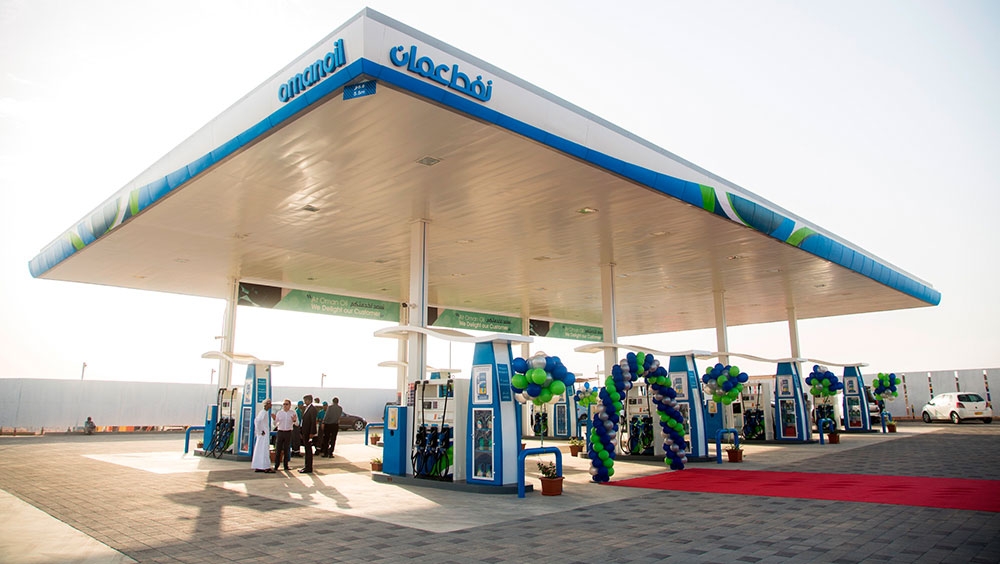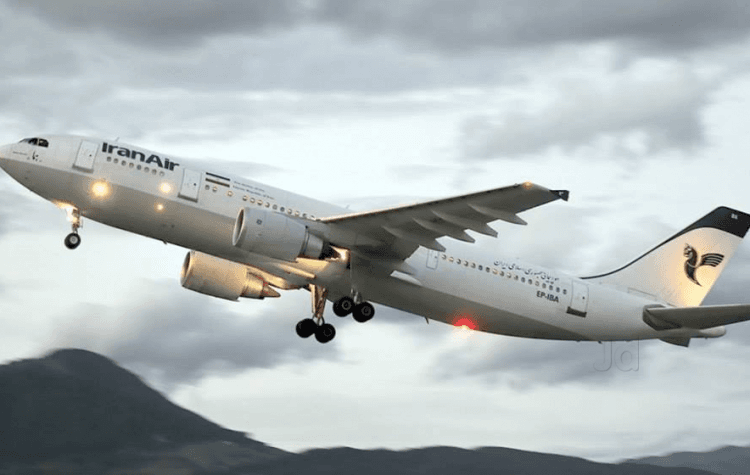Evermore, the popular diamond brand from Dubai-based Siroya ALTR, is eyeing a major expansion in the GCC region, with immediate plans to make foray into Saudi Arabia and Bahrain.
The company is also finalising further expansion within the UAE, with plans to open at least three more stores in the coming few months.
“We are looking at Saudi Arabia and Bahrain as aggressive markets for our future stores. The former has the largest youth population and Bahrain has an increasingly aware demographic looking for options,” Rohan Siroya, founder of Evermore, told Arabian Business.
“In the next 3-4 months, we hope to have multiple retailers selling the brand in Saudi Arabia,” Siroya said.
Siroya said Evermore is currently present in multiple stores in Bahrain and Muscat but the company now wants to go full steam in some of the GCC markets to expand its presence and size.
On the UAE expansion, Siroya said: “The UAE has been true to its name as a global consumer hot pot. With 6 stores here, we are looking at adding on 3 more in the next six months.”
Evermore is currently present in multiple stores across Dubai, including Bur Dubai, Dubai Mall, and Mirdiff City Centre, besides its flagship store in the Deira Gold Souk.
Evermore GCC and India expansions
Incidentally, Siroya ALTR – a joint venture between well-known UAE-based jewellery brand Siroya and New York-based ALTR created diamonds, is looking to expand in the GCC market in a big way. close on the heels of it making a foray into India, with the opening of the first Evermore store in Pune, Maharashtra.
Siroya said the GCC and India expansions are part of the company’s ambitious global expansion plans to make the Evermore brand a true global brand.
Evermore was first launched in Dubai and London.
“On a 5-year plan, we are looking keenly at 50 stores in the Middle East, and a similar footprint in India,” he said.
Siroya also revealed plans to add more countries to the company’s expansion programme going forward.
“New counters will be added at where we believe the demographic exists to accept this category,” he said.
“Within Siroya we have an existing client base of over 3000 retailers, and we have begun pitching to many potentials and bringing the opportunity to them,” said Evermore founder, the second generation from the Siroya Group, a multi-business entity and a stalwart in UAE’s gold industry.
“This [the group client base] is where we really differentiate from competitors who lack a marketing approach – we handhold and then continue to grow business together,” Siroya said.
He said the second year operations of the JV – Siroya ALTR – will be focused on consolidating the stores.
“We must ensure higher throughput for our partners in terms of sales. We are running new training programmes, CRMS and end-to-end branding projects to do so,” Siroya said.
Evermore, which is into manufacturing of lab-grown diamonds, supplies jewellery ranging from -2 size diamonds up to 10-carat single stones to retailers.
“Our business currently is relatively smaller than the 35-year-old parent business. However, the growth rate is extremely encouraging. We know the consumer preference is shifting rapidly and we are primed for it as retailers look for organised B2B players,” Siroya said.
“Diamonds are a slower-turn, higher-margin business; Gold is a higher-turn, lower-margin business. They differ in that way,” he said.
Source:https://www.arabianbusiness.com/industries/retail/dubai-diamond-major-evermore-eyeing-uae-gcc-expansions


